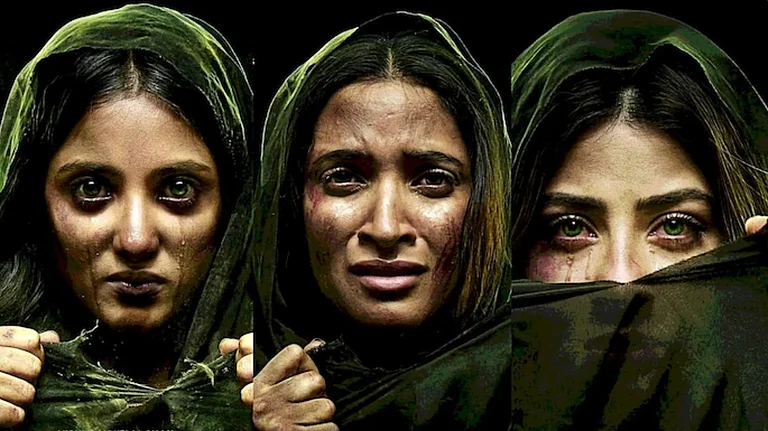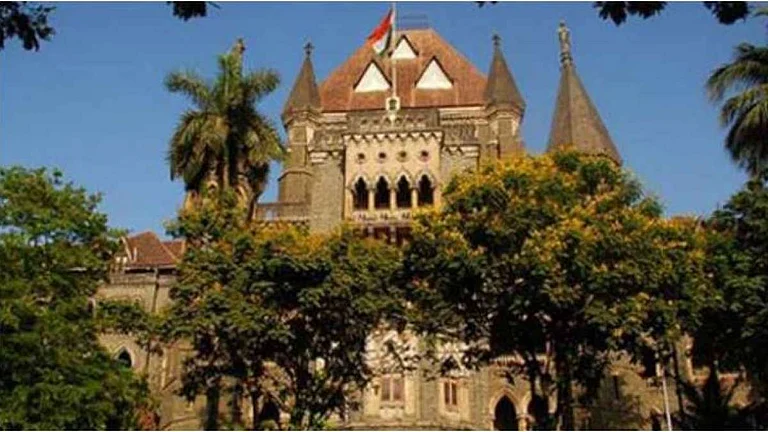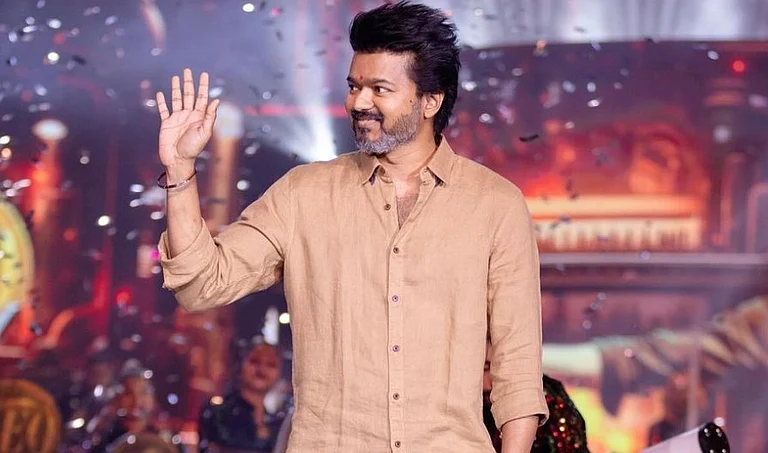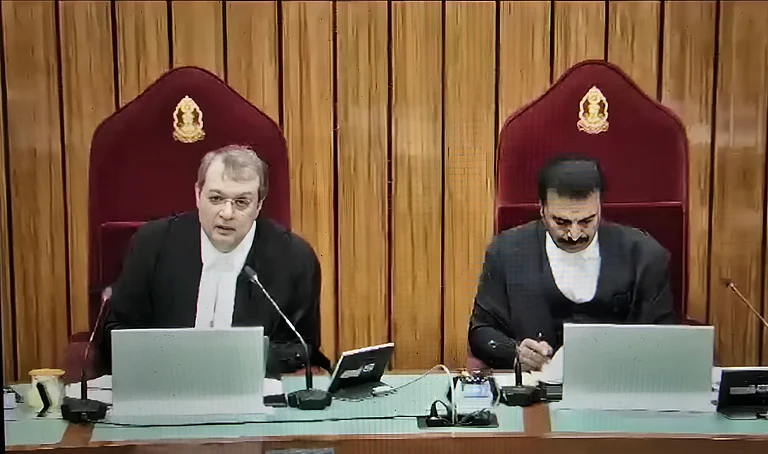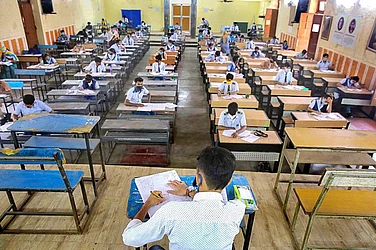
The Supreme Court issued notices to the Centre, Election Commission, and major political parties on a petition challenging the provision allowing "anonymous" cash donations below ₹2,000.
The petition references the court’s 2024 ruling scrapping electoral bonds and says the cash exemption is unjustified in the era of widespread digital payments.
The Supreme Court on Monday sought responses from the Centre and other authorities on a petition challenging the validity of a provision in the Income Tax Act that permits political parties to receive "anonymous" cash donations below ₹2,000.
The petition argues that the provision weakens transparency and undermines the integrity of the electoral system by withholding information about the source of political funding, including donor identities and intentions, thereby preventing voters from making informed choices.
The bench issued notices to the Centre, the Election Commission, and several political parties after the plea also sought a direction requiring the poll body to mandate, as a condition for registration and election symbol allotment, that no political party be allowed to accept cash donations.
A bench comprising Justices Vikram Nath and Sandeep Mehta said the matter would be taken up after four weeks.
At the outset, the bench asked senior advocate Vijay Hansaria, representing petitioner Khem Singh Bhati along with advocate Sneha Kalita, why the high court had not been approached first.
"Let the high court consider this," the bench initially remarked.
The plea calls for striking down Clause (d) of Section 13A of the Income Tax Act, 1961, terming it unconstitutional, and references the Supreme Court’s 2024 judgment scrapping the electoral bonds scheme.
According to the petition, "The petitioner is seeking direction that the political parties must disclose the name and all other particulars of the person paying any amount of money to it, and no amount can be received in cash so as to maintain transparency in the political funding."
Section 13A pertains to tax exemptions for the income of political parties, including voluntary contributions.
The plea also demands that the Election Commission scrutinise Form 24A contribution reports filed by recognised parties and require them to return funds where PAN or address details are missing.
It further seeks notices under the Election Symbol Order, 1968, to parties that fail to file complete contribution reports within the prescribed timeline, and calls for party accounts to be audited by independent auditors appointed by the commission.
The petition also asks the Central Board of Direct Taxes (CBDT) to examine income tax filings and audit reports of political parties from the last five years and initiate proceedings for penalties, tax recovery, and prosecution for violations of Section 13A of the Income Tax Act and Section 29C of the Representation of the People Act.
The plea states the issue arose when political parties filed contribution and audit reports in September and November 2024 and August 2025, allegedly providing "incomplete details".
It argues that the public’s fundamental right to information under Article 19(1)(a) has been violated by "section 13A(d) of the Income Tax Act, 1961, which allows political parties to receive anonymous cash donations below Rs 2,000."
The petition contends that the exemption enables undisclosed funding, compromising accountability and creating the possibility of "undisclosed or tainted money" influencing elections.
Citing the widespread adoption of digital payments, including UPI, the plea says the continuation of cash exemptions is "manifestly arbitrary" and contrary to transparency objectives.
The petition also refers to the Supreme Court’s 2024 ruling that struck down the electoral bonds scheme, introduced in 2018 as an alternative to cash donations in the name of transparency.









